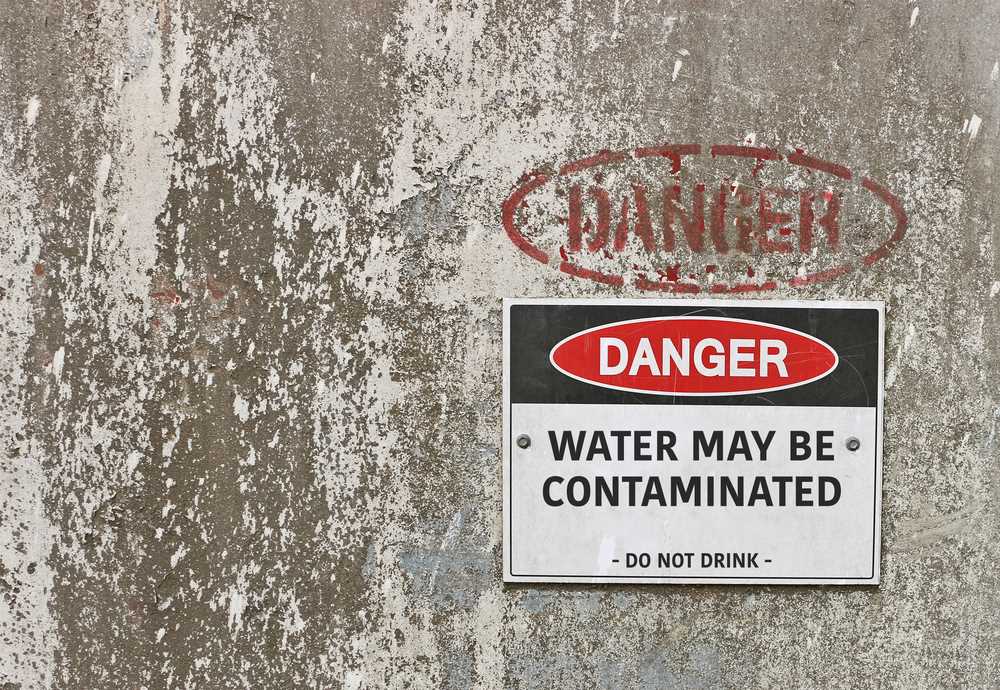Controversy Surrounds 3M Settlement as 22 Attorneys General Oppose Agreement on 'Forever Chemicals' Water Contamination

A proposed $10.3 billion settlement over water systems contamination with 'forever chemicals', involving manufacturer 3M Co., has drawn opposition from 22 attorneys general who argue that the deal does not hold the company sufficiently accountable. The agreement, announced in June, is being criticized for its perceived leniency toward 3M and the lack of clarity for individual water suppliers regarding compensation and liability.
Attorneys general from 19 states, Washington, D.C., and two territories are challenging the settlement, asserting that it fails to grant adequate time for water suppliers to assess their financial needs for removing the compounds collectively known as PFAS (per- and polyfluorinated substances). The officials claim that the deal might even shift liability from 3M to the providers, a concern they are raising on behalf of their respective jurisdictions.
California Attorney General Rob Bonta, who is spearheading this coalition, emphasized, "While I appreciate the effort that went into it, the proposed settlement in its current form does not adequately account for the pernicious damage that 3M has done in so many of our communities."
In response, 3M spokesman Sean Lynch defended the agreement, stating that it would ultimately benefit public water systems across the United States, providing drinking water to a significant portion of the population without prolonging litigation. Lynch acknowledged the typical nature of objections surrounding substantial settlement agreements and expressed the company's commitment to addressing concerns about the resolution's terms.
3M, headquartered in St. Paul, Minnesota, is renowned for producing per- and polyfluorinated substances used in various products, including nonstick items, clothing, cookware, and firefighting foams. These compounds, often referred to as "forever chemicals" due to their environmental persistence, have been linked to health issues such as immune system damage, liver problems, and certain cancers.
Approximately 300 communities have initiated legal action against 3M and other companies regarding water pollution from PFAS compounds. Multiple states, airports, firefighter training facilities, and private well owners also have pending cases. These cases have been consolidated in U.S. District Court in Charleston, South Carolina, where the proposed settlement was recently submitted.
While 3M values the settlement at $10.3 billion, legal experts representing water providers suggest that the figure could potentially reach as high as $12.5 billion, depending on the outcome of the Environmental Protection Agency's mandated PFAS testing over the next three years.
The collective stand taken by the attorneys general, encompassing a diverse range of states and territories, signifies a unified concern about the potential implications of the settlement. The opposition highlights the uncertainty faced by public water providers who might be required to participate unless they individually opt out. The attorneys general express reservations about the lack of information available to providers, including the extent of contamination and remediation costs.
A crucial point of contention is a provision within the proposed agreement that could shift liability from 3M to water suppliers that do not opt out. This provision raises concerns about the potential for the company to seek compensation from providers in cases involving illnesses in PFAS-affected communities. The attorneys general contend that this shift of liability diminishes the actual value of the settlement.
While this legal dispute unfolds, another separate settlement involving PFAS complaints against DuPont de Nemours Inc., as well as its spinoffs Chemours Co. and Corteva Inc., also raises questions and challenges within the legal landscape.
